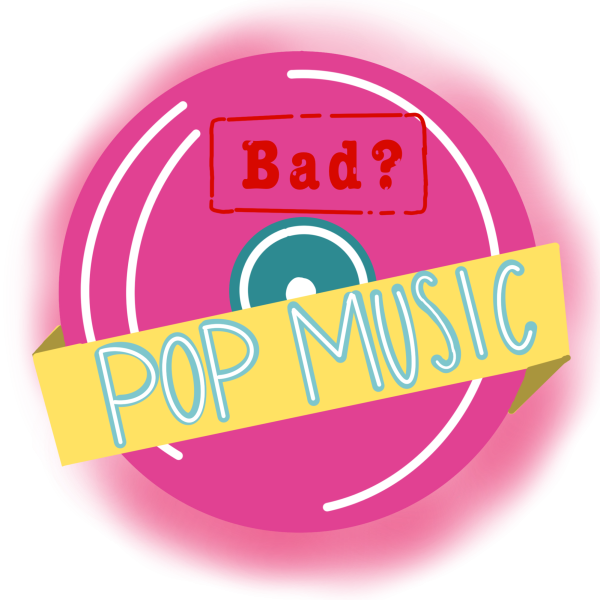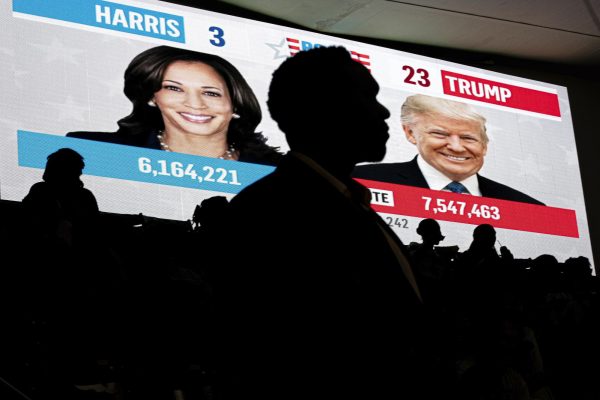Effective Student Activism: Protest Like an Adult
Over the course of my three years at Colgate, I’ve written exactly one article on controversial posters put up on Halloween for commentary each year. As a first-year, it was on the widespread 2017 “It’s Okay To Be White” posters; as a sophomore, when it happened at Colgate; and this year on a similar effort from the other side of the aisle, that being the posters put up calling Professor Barry Shain a racist and demanding Colgate “gets him off this campus.”
I am disappointed that in the time it took for me to become head editor of this section that Colgate’s community has become no more mature or respectful. But frankly, I’m not surprised. Elite college students, for how much moral philandering we do, have never really been better people than anyone else.
So, let’s cut the fat and get right to the point of this article: It is respectable if you want an open discourse with a professor, it is noble to challenge figures of authority and it is commendable to demand debate or answers from those you believe to be acting wrongly. However, when you hang up a poster flatly calling someone a racist and demanding they “get off”, you are not calling for open discourse or challenging authority. You aren’t even defending your ethics. What you’re doing is the exact same thing that the “It’s Okay To Be White” posters did. You are riling up the court of public opinion to redirect fury and use mass outrage as a weapon to get the effect you want.
Although I find it plainly obvious that this is reprehensible, I can’t blame you for doing it, poster-er; it worked for the “It’s Okay To Be White” posters. People on this campus still refer to them as the “white supremacist” posters, and you can read the article I wrote last year if you want to understand why that’s such a win for the Alt-Right. This postering campaign may well work too, but that won’t have made it right.
I’m not some libertarian whining for free speech and an equality of all viewpoints. With the form out of the way, let’s address whether the message of the posters is, at its most core level, acceptable. Professor Barry Shain is, by all reasonable usage of the term, not a racist. What he is unafraid to, as an old white man, is speak up on issues affecting minority populations; and considering that he’s spent years doing specifically Africana studies in political science terms, that seems more than reasonable to me.
His viewpoint is essentially the same as it was when he was attacked for it in 2001; that Colgate and other elite liberal arts institutions funnel minority populations in for the sake of diversity, teach them very little and then send them out to publish appealing statistics. Is this a disagreeable standpoint? That’s entirely possible, and many people—not least of which the administration themselves— take issue with it. Is his apparent concern for the well-being of minority populations and their education a cover for some sneering veil of insidious white supremacy? That’s absurd. The only manner in which one could possibly consider Professor Shain to hold supremacist views of some sort are either from ignorance of the man personally, or in actively malicious attempts to slander him, and neither are acceptable.
Nameless postering and other anonymous forms of protest have their valid usage. When you want to draw attention to an unpopular but serious issue, it can be a powerful method, and an exceptional way to get across a just point. But in the circumstance of a liberal-arts campus where racism is an unacceptable cultural aspect, the usage of anonymous postering in this style is not some noble effort to draw attention to an underappreciated issue. It is, in the most bold-faced sense, identical to the purpose and function of last years “It’s Okay to be White” posterings. That is, a cowardly effort to shift the narrative and rile up emotional tensions on a viewpoint that you cannot rationally defend.
To the majority of the student body, I make the same appeal I’ve made each year in regards to these posters: consider the purpose behind the message, don’t fall for the emotional manipulation and maintain a firm control of the language that’s attempting to be shifted. To those who put these posters up, you’re a responsible adult at one of the most prestigious and elite universities in the world. If you can’t act the part and own up to your viewpoints, then it’s not Professor Shain who should “get off this campus,” it’s you.









